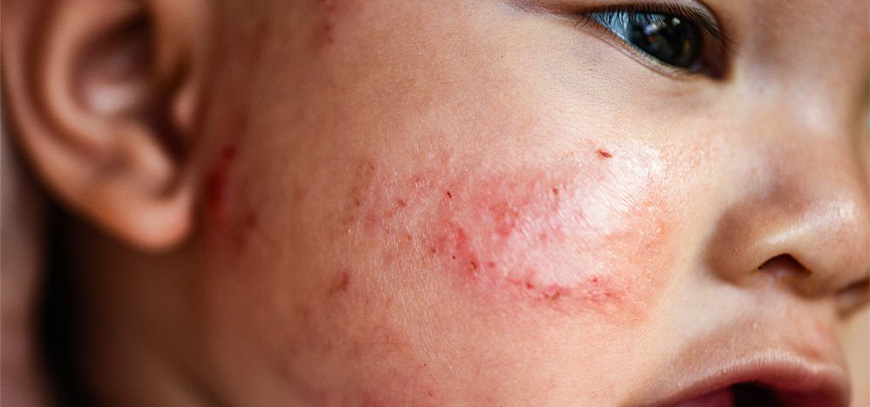Paediatric Dermatology

Pediatric dermatology is a medical specialty that focuses on diagnosing and treating skin conditions that affect infants, children, and adolescents. Some of the most common skin conditions that pediatric dermatologists treat include eczema, acne, warts, birthmarks, psoriasis, and infections like impetigo or ringworm.
The treatments that are used in pediatric dermatology vary depending on the specific condition and the severity of the symptoms. Some of the most common treatments used in pediatric dermatology include:
- Topical medications: These are creams, lotions, or ointments that are applied directly to the skin to treat a variety of conditions, including eczema, acne, and psoriasis.
- Oral medications: These are medications that are taken by mouth to treat skin conditions, such as antibiotics for infections or antihistamines for allergic reactions.
- Light therapy: This treatment uses ultraviolet light to treat skin conditions like psoriasis and eczema.
- Cryotherapy: This involves using liquid nitrogen to freeze and destroy warts and other skin lesions.
- Surgical procedures: In some cases, pediatric dermatologists may need to perform minor surgical procedures to remove moles, cysts, or other growths.
- Allergy testing: In cases where a skin condition is related to an allergy, a pediatric dermatologist may perform allergy testing to identify the allergen and help develop an appropriate treatment plan.
If you have concerns about your child's skin health, it's important to consult with a pediatric dermatologist who has experience in treating skin conditions in children. They can help diagnose and treat your child's skin condition and provide advice on how to manage and prevent future flare-ups.

 WhatsApp
WhatsApp